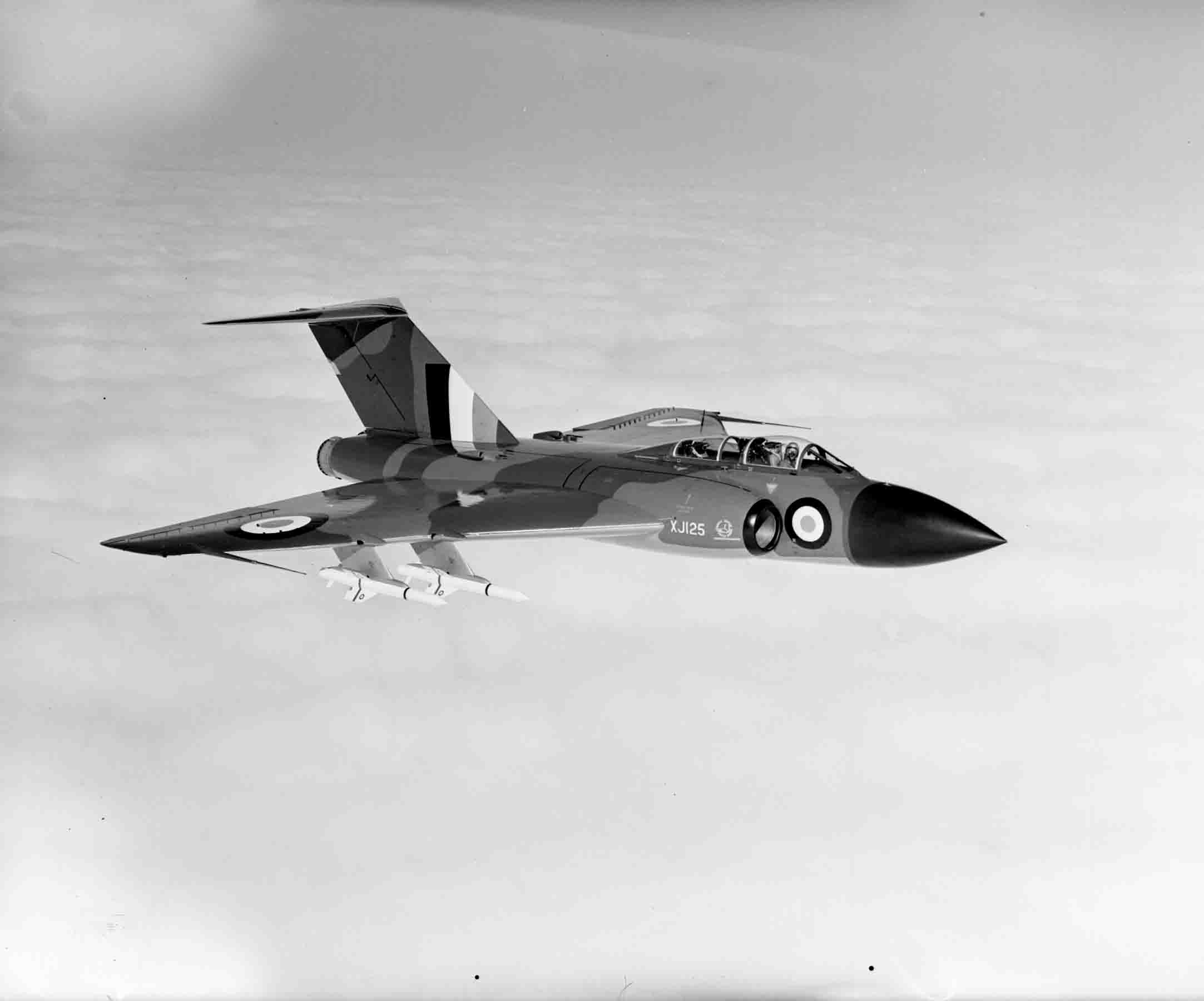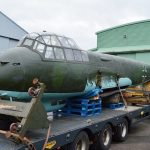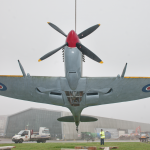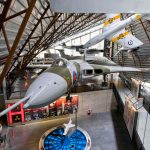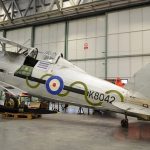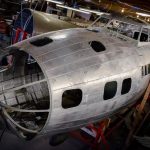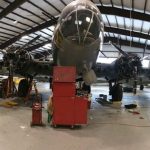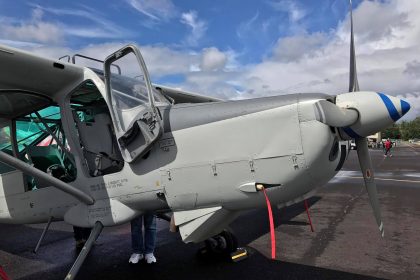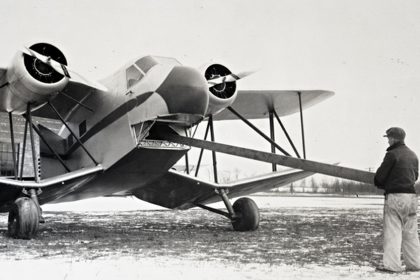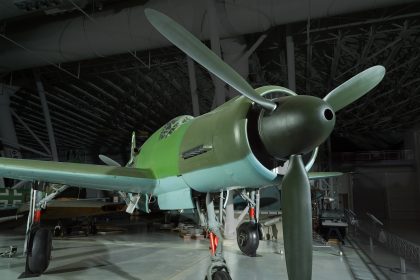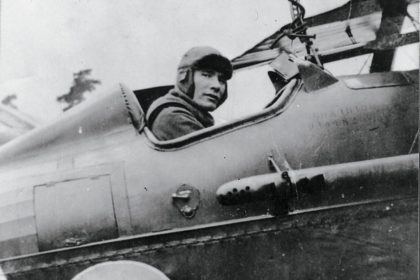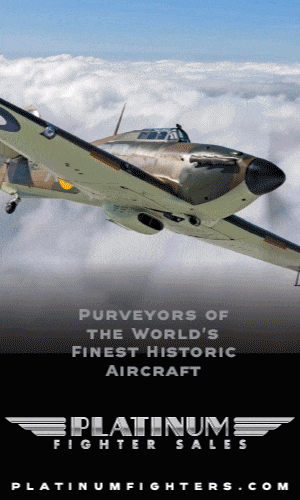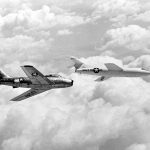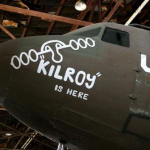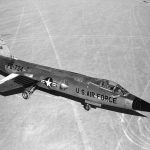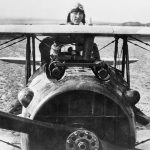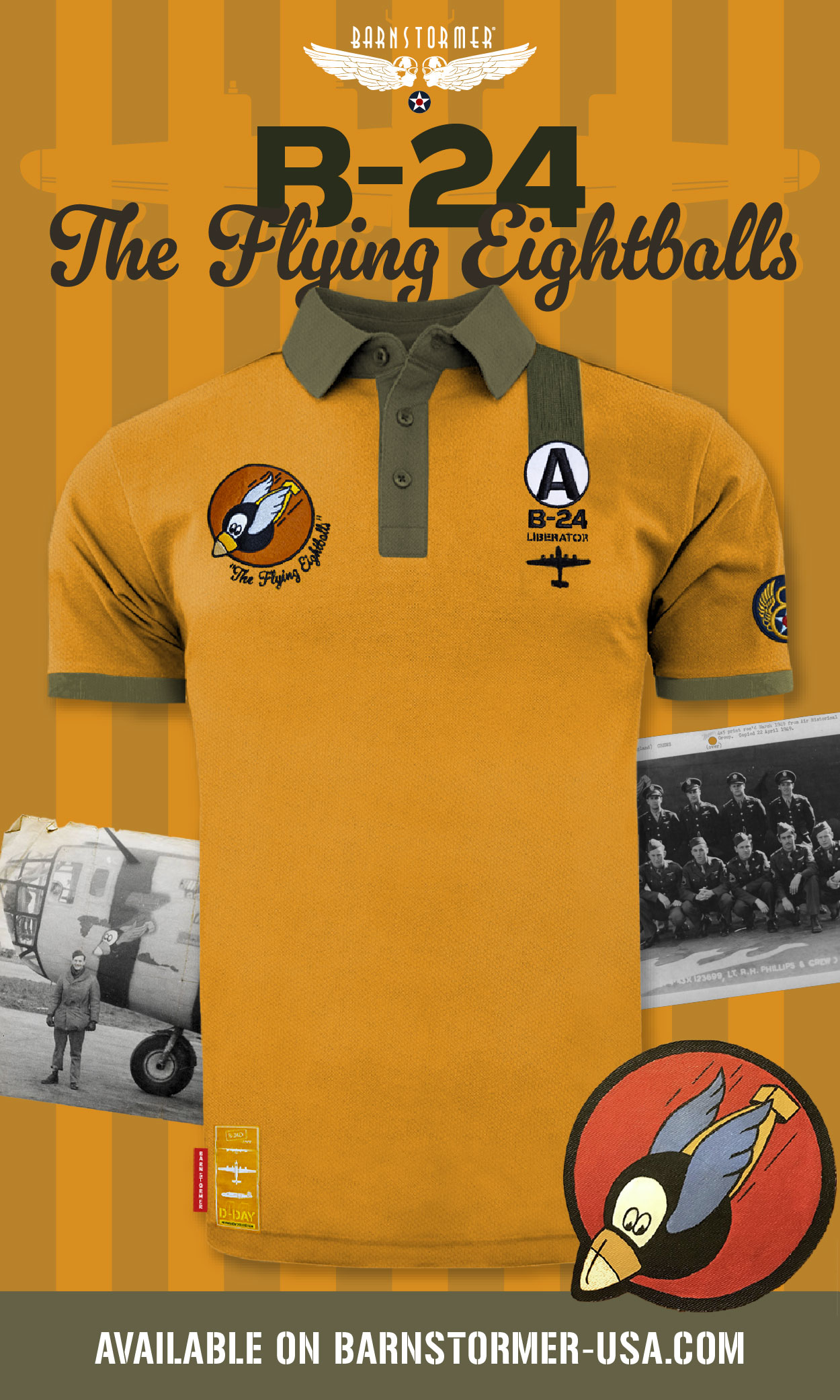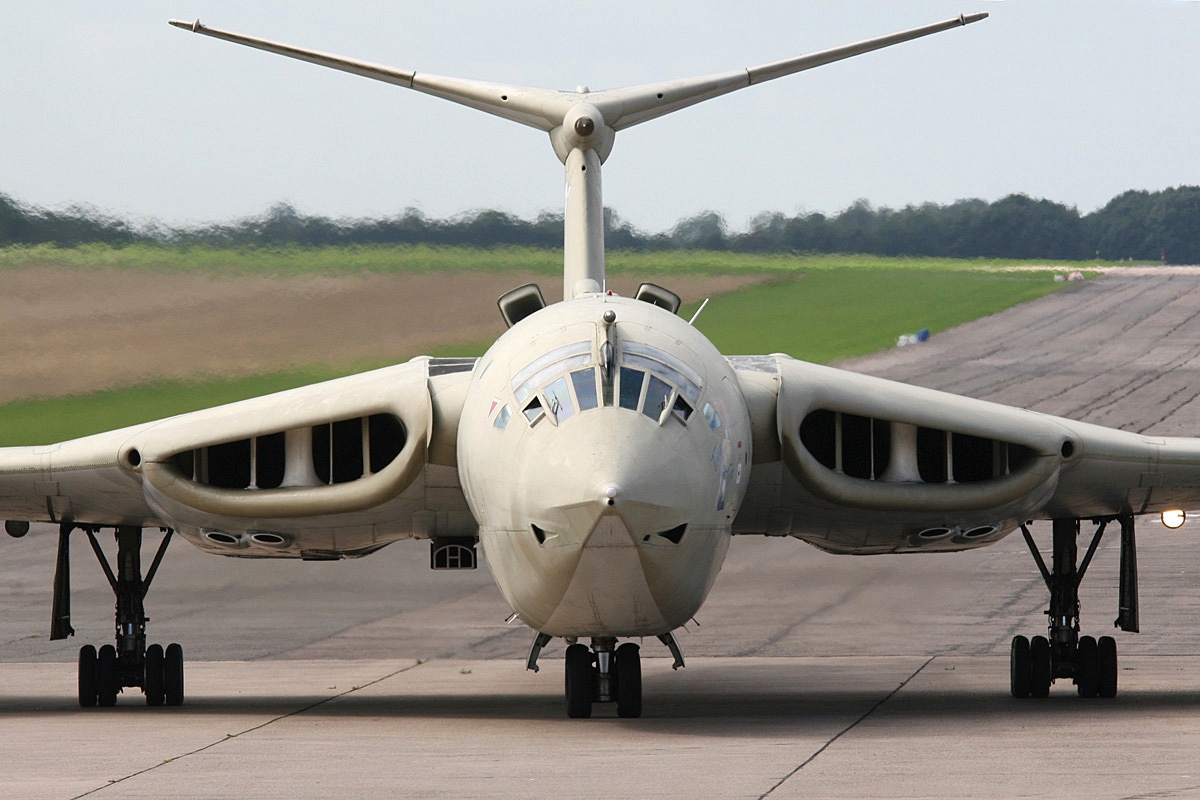
On 17 March, the Royal Air Force Museum Cosford will be hosting the first Cold War Lunchtime Lecture of 2017 with a lecture entitled ‘Coping with Technological Uncertainty: Military Aircraft Procurement, 1945-1957’. In this lecture, Professor Keith Hayward, a consultant and writer on aerospace and aviation issues, will examine Britain’s military aircraft procurement process during the early period of the Cold War.
Each lecture in the series discusses a different topic related to Cold War air power and to kick start the 2017 series, Professor Keith Hayward will be discussing aircraft procurement from the period at the end of the Second World War through to the Sandys White Paper of 1957. This paper set forth the perceived future of the British military and had profound effects on all aspects of the defence industry during a major period in the development of British aviation technology.
The lecture will begin by covering the immediate post-war hiatus in new developments driven by a mixture of austerity, technological uncertainty and prudence and will then consider the impact of the Korean Emergency and the hurried re-armament programme of the 1950s. It was during this period that the Hawker Hunter, Supermarine Swift and Gloster Javelin programmes came into focus, as well as the challenge and problems of acquiring a new generation of jet aircraft that culminated in the 1955 crisis and subsequent White Paper. Professor Hayward will consider the reforms in procurement that were introduced in the English Electric P1 programme and more controversially for OR339. The lecture will then conclude with a discussion around Sandys White paper with final thoughts about its intent and outcomes.
Professor Keith Hayward was formally Professor of International Relations at Staffordshire University, Head of Economic and Political Affairs at the UK aerospace trade association and until January 2015, Head of Research at the Royal Aeronautical Society in London. He has consulted for several companies and government departments, including the UK Ministry of Defence and the Department of Business, Innovation and Science. He has acted as an advisor to the UK House of Commons Trade and Industry Committee and the U.S. Congress Office of Technology Assessment. He has taken part in two recent collaborative studies of the space industry on behalf of the Commission of the European Union and the European Space Agency and is also the author of several books and over 100 articles and chapters on aerospace and aviation issues.
The Cold War Lunchtime Lectures form part of the RAF Museum’s Research Program for 2017. ‘Coping with Technological Uncertainty: Military Aircraft Procurement, 1945-1957’, is the first of four lectures taking place at Cosford this year. The program also consists of the Trenchard Lectures in Air Power Studies and the First World War in the Air Lunchtime Lectures, which are held at the University of Wolverhampton, the Royal Aeronautical Society in London and the RAF Museum in London respectively.
Dr Ross Mahoney, RAF Museum Aviation Historian said: “The early Cold War period was a time rapid technological change combined with austerity in Britain, which led to a number of challenges in the procurement of new aircraft. In this lecture, Professor Hayward, a recognised expert on Britain’s aviation industry, will explore this important period and the factors that affected aircraft procurement for the British military.”
This FREE lecture will be held in the museum’s National Cold War Exhibition lecture theatre at 12.30pm on Friday 17 March, lasting approximately 1 ½ hours. As spaces are limited, organisers advise visitors to book their tickets in advance via the Museum’s website to avoid disappointment.
For further information about the Museum’s research programme or to book your FREE ticket to the lecture, please visit the Museum website www.rafmuseum.org/cosford. The Museum is open daily from 10am and entry to the Museum is FREE of charge.








